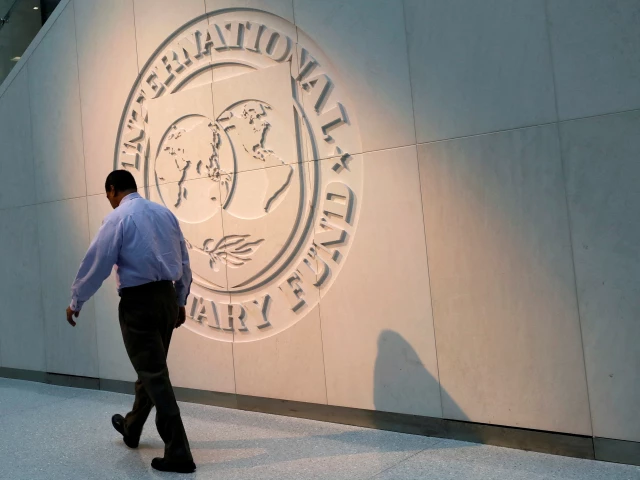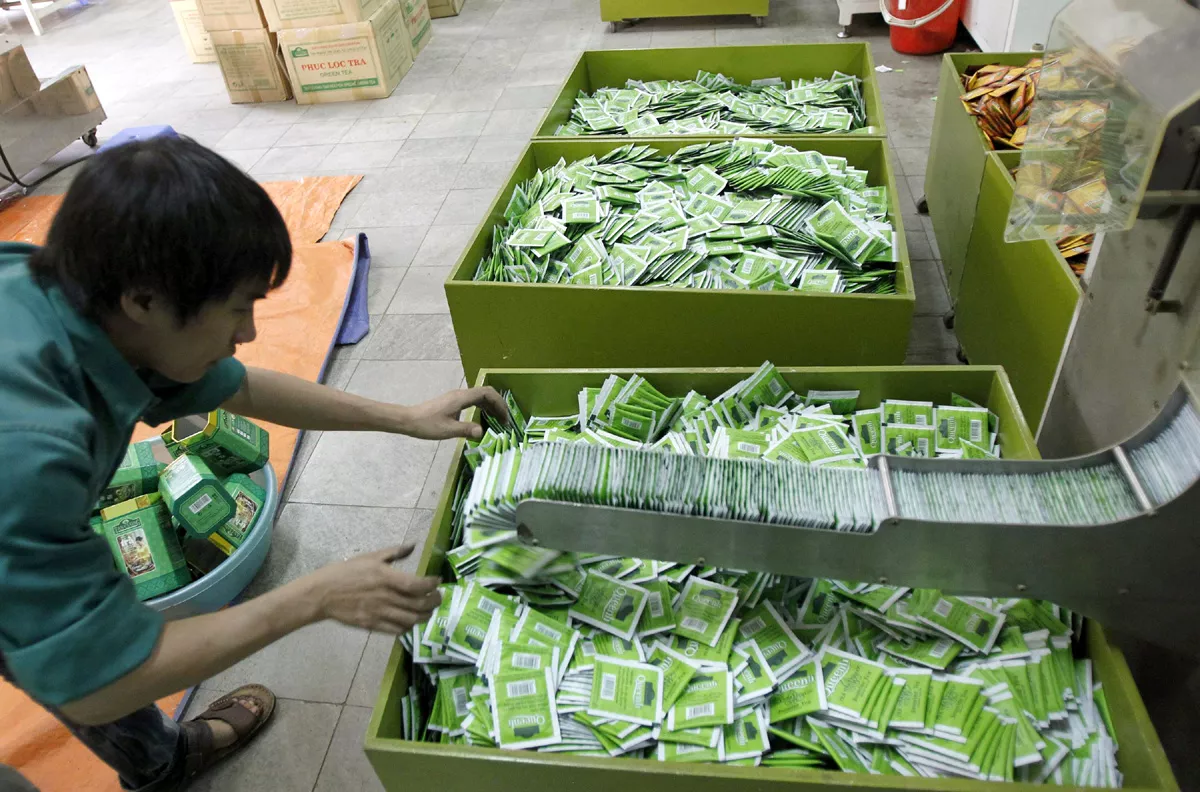IMF opposes purchasing rule tweaks
Asks Pakistan to end practice of awarding contracts to SOEs without bidding

The International Monetary Fund (IMF) has slammed federal and Punjab governments for amending public procurement rules to award contracts to state departments without bidding and observes that some of these firms are subletting the contracts to private companies in an opaque manner.
The IMF has asked Pakistan to end preferences for state-owned enterprises (SOEs), including the provisions that allow direct contracting, within one year. Preferences, such as these, serve to disrupt competition, are vulnerable to abuse and increase the risk of corruption, it said in remarks on the government's procurement system.
In its Governance and Corruption Diagnostic Assessment, the global lender termed decisions of the government of Punjab to amend public procurement rules to award contracts to SOEs without competitive bidding "unfortunate". The IMF observed that "there appears to be an extensive practice of sub-contracting to private firms in opaque and unmonitored transactions. It is perhaps an understatement to observe that corruption vulnerabilities are high in contracting processes that feature direct negotiation".
It added that the decision to amend rules for direct contracting has undermined the core principles of competition in public procurements. These observations have highlighted the unchecked practice of giving contracts, particularly in the infrastructure sector, to government entities on the grounds of being time sensitive and in public interest.
The IMF said that the 2023 National Risk Assessment (NRA) has identified corruption as a major predicate offense for money laundering and high-risk sectors include banking, real estate, construction, politically exposed persons and public procurement. "Unfortunately, amendments introduced in public procurement rules at the federal government level and in Punjab province have undermined core principles of open competition," it said.
The IMF added that these amendments have provided for the award of contracts to SOEs without competition when projects are considered time sensitive and in the public interest. It pointed out that it was not possible to quantify the number and value of contracts directly negotiated with state-owned firms. "Anecdotal stories in the media have frequently highlighted high-value contracts that have been assigned in this fashion and the tendency for contractual costs to exceed expectations."
The IMF said that public procurement remains fragmented and privileges state parties, who are able to capture markets and rents from their favored status.
Sovereign Wealth Fund
The report revealed that the government has finally given assurance to the IMF that it will withdraw the exemption from the applicability of the SOE Act to the Sovereign Wealth Fund. The government had been resisting this for the past over one year.
The report noted that while the approval of the SOE Act had been an important step, there were concerns about the exemption to the 2023 SOE Act and the SOE Policy Framework included in the enactment of the Sovereign Wealth Fund (SWF) Act. In the 2023 SWF Act, seven SOEs were exempted from the SOE Act. "The authorities have proposed amendments to end the SWF Act, which are expected to be placed before parliament to ensure that these SOEs will no longer be exempted." The IMF underlined that it is crucial that all SOEs are included without any exemptions.
It said that many of the governance weaknesses in public procurement flow from issues with its legal and regulatory framework. The Public Procurement Rules 2004 under Rule 20 prescribes open competition as the principal method of procurement with mandatory consideration for transparency under Rule 4. It is mandatory for all the procuring agencies to publish the final evaluation report 15 days prior to the award of a contract.
IMF praises CMU
The global lender acknowledged the work being done by the Central Monitoring Unit (CMU) in monitoring the performance of SOEs. It said that the establishment of the monitoring unit has been a significant step forward for SOE financial oversight and transparency regarding the performance of SOE.
This will further strengthen their analysis, which will enhance the monitoring of SOE performance and avoid governance vulnerabilities related to SOEs, according to the IMF. The CMU publishes a wide range of reports and guidelines related to the performance, governance and oversight of SOEs. These publications are available on the official CMU page.
Debt management
The IMF found faults in public debt management. It said that the government debt management function in Pakistan has been conducted under a fragmented institutional structure. This fragmentation has led to inefficiencies and challenges in managing the country's debt effectively. The current setup involves multiple entities with overlapping responsibilities, which complicates coordination and decision-making that can lead to suboptimal borrowing choices.
The fragmentation is evident in debt data monitoring and management. The debt data repository, DMFAS, currently only includes external debt captured by the Economic Affairs Division. This limited scope hinders a comprehensive view of the country's total debt obligations.





















COMMENTS
Comments are moderated and generally will be posted if they are on-topic and not abusive.
For more information, please see our Comments FAQ